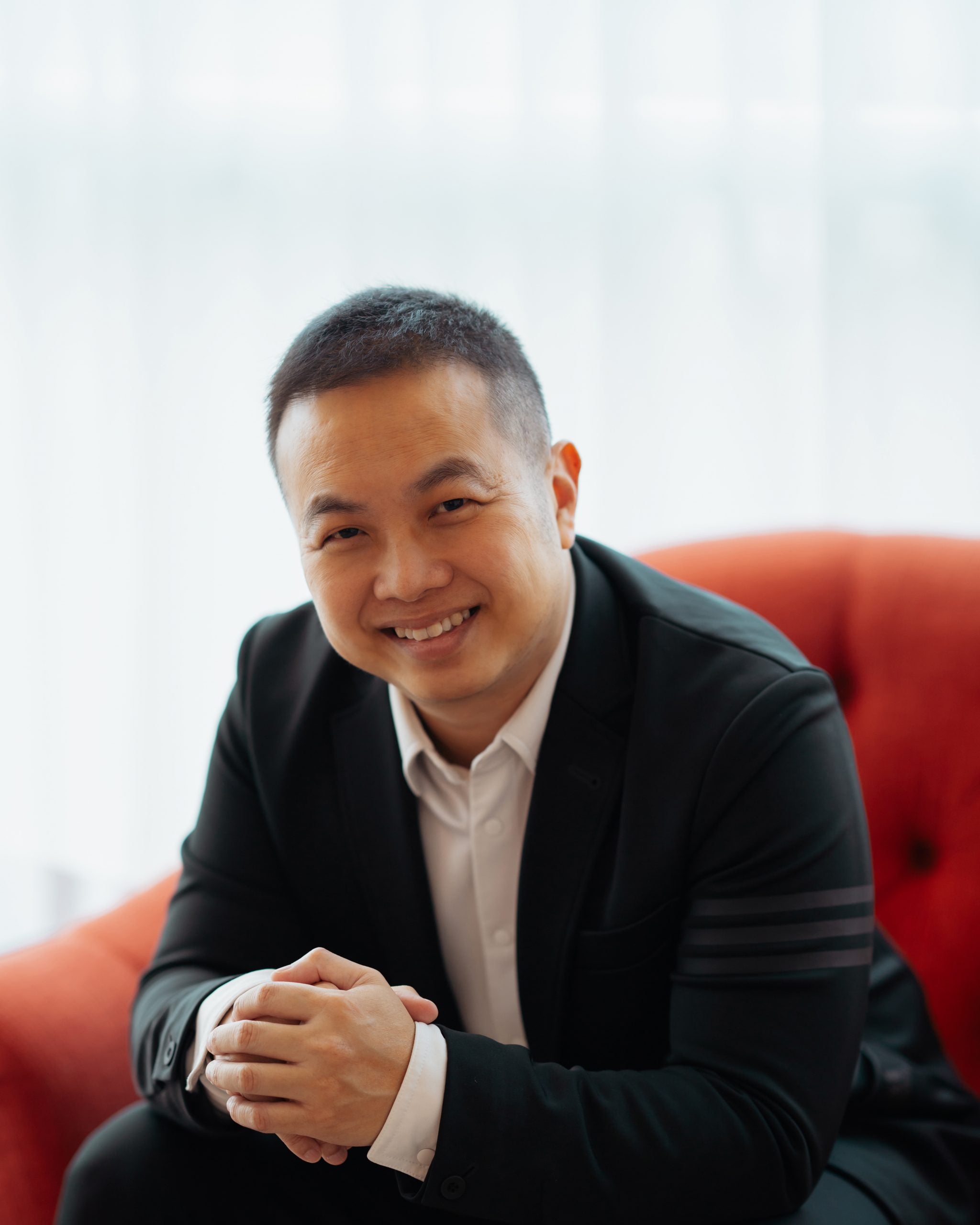In Conversation with…
March 31, 2021
Alumnus Aaron TIONG shares how insights gained from his studies in Economics and Mathematics (1999) added value to his career over the years. Aaron is currently Principal Business Lead, Grab Financial Services, Grab Singapore. Prior to this, he worked for the Singapore Armed Forces, ST Engineering, Yahoo and Uber.
Why did you choose to read mathematics and economics?
Aaron: Mathematics was my first major, and I decided to try out cross-faculty modules in economics. It wasn’t just the academics that made it more varied, it was also understanding the applications of mathematics into economics and the model building aspects of economics having parallels in mathematical modules that gave me a deeper appreciation of the relevance.
How has the knowledge from both programmes helped your career?
Aaron: The interdisciplinary knowledge from both domains integrates the quantitative tools and analytical skills from mathematics with a deeper understanding of economic analysis for the business world. These skills have proven invaluable in my work in innovating, acquiring and stewarding partnerships and business models, as well as creating market value.
For instance, I was part of the pioneer group that started GrabPay in Singapore. I also contributed to building the ecoystem of Grab’s community marketplaces that connect online and offline platforms across different industries.
How have you applied your knowledge of data science to your business (roles)?
Aaron: Mathematics allows economists to precisely define and test economic theories against real world data. As a data scientist, I am called upon to solve complex business problems by collecting, managing and analysing large datasets. This enables me to unlock insights from Big Data for business profitability, growth and cost management for go-to-market and partner product management.
What advice do you have for fresh graduates venturing into the workplace?
Aaron: Keep learning to stay competitive! As a data scientist, it is important to keep coding skills current and to continually pivot towards the ever-changing needs of the market and consumers. When you stop learning and applying knowledge, your skill sets start to fade into irrelevance. Indeed, the pandemic has shown how skills become outmoded in the blink of an eye.
As data science is ultimately a discipline that can be automated when technology catches up, cultivate transferable skills like sound decision-making, project management and the ability to work with people. These are the attributes that will follow you across jobs.


